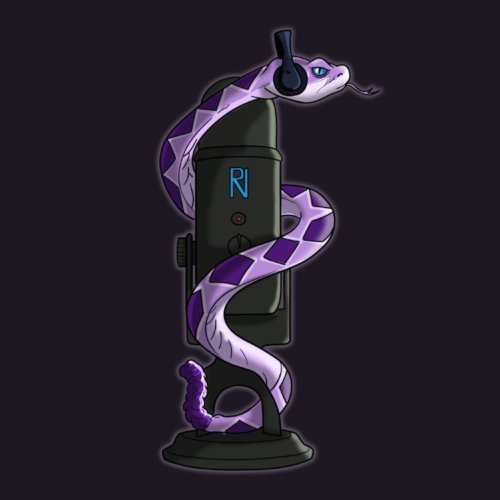How an Executive Producer’s Medical Crisis Shaped the Direction of Good Morning America’s Health Coverage (Part 1)
When Good Morning America’s executive producer saw her doctor for joint pain, she never expected to be diagnosed with psoriatic arthritis—or that the medication prescribed to help her would trigger a life-threatening drug reaction. In Part 1 of this two-part episode, she shares her harrowing medical journey, from missed warning signs and delayed diagnosis to a year-long battle with the powerful steroid prednisone. We break down DRESS Syndrome, why medications are often overlooked as the cause of new symptoms, and the serious risks of steroids. Stay tuned for Part 2, where we explore how Cat’s personal health crisis now shapes the national health news she brings to audiences on GMA3.
Key Takeaways
Don’t ignore persistent symptoms. If you have fever, vomiting, or other concerning signs for more than 2 days, get medical care.
Medications should always be on the suspect list. Adverse drug reactions don’t always show up as a rash. They are great imitators of disease and may involve any organ system and without a rash.
Oral steroids are powerful, but risky. They should never be the automatic go-to. If your doctor prescribes steroids, ask about alternatives and make sure there’s a clear plan to taper off.
Links
GMA3: https://www.goodmorningamerica.com/author/gma3
Connect with Archelle
- ArcHealth Newsletter: https://www.archellemd.com/newsletter
- Email: SpeakUpForYourHealth@gmail.com
- Instagram: https://instagram.com/speakupforyourhealth
- Facebook: https://www.facebook.com/speakupforyourhealth
#arthritis #jointpain #sulfadrugs #drugallergy #GoodMorningAmerica #patientcare #patientadvocacy #prednisone































